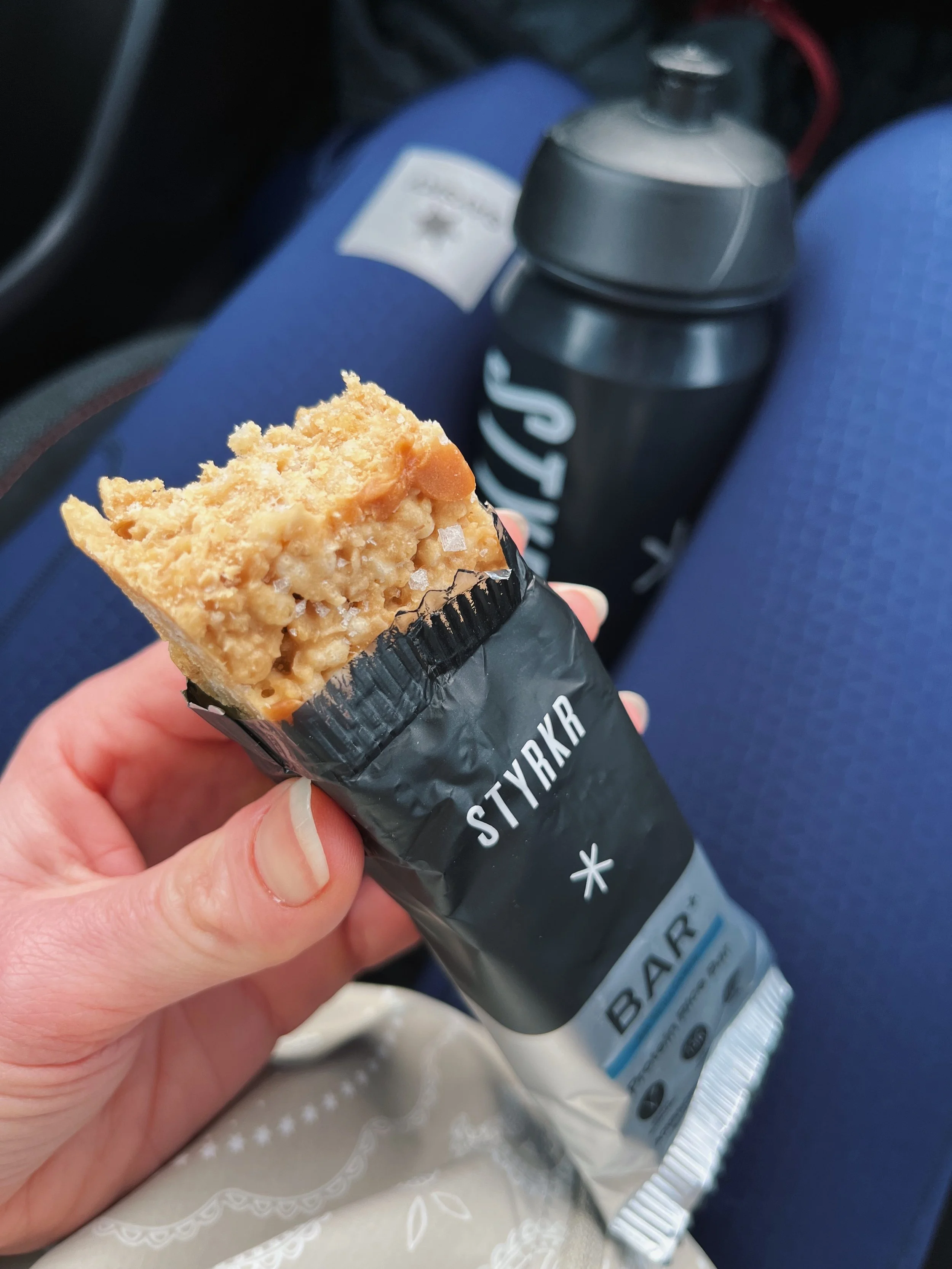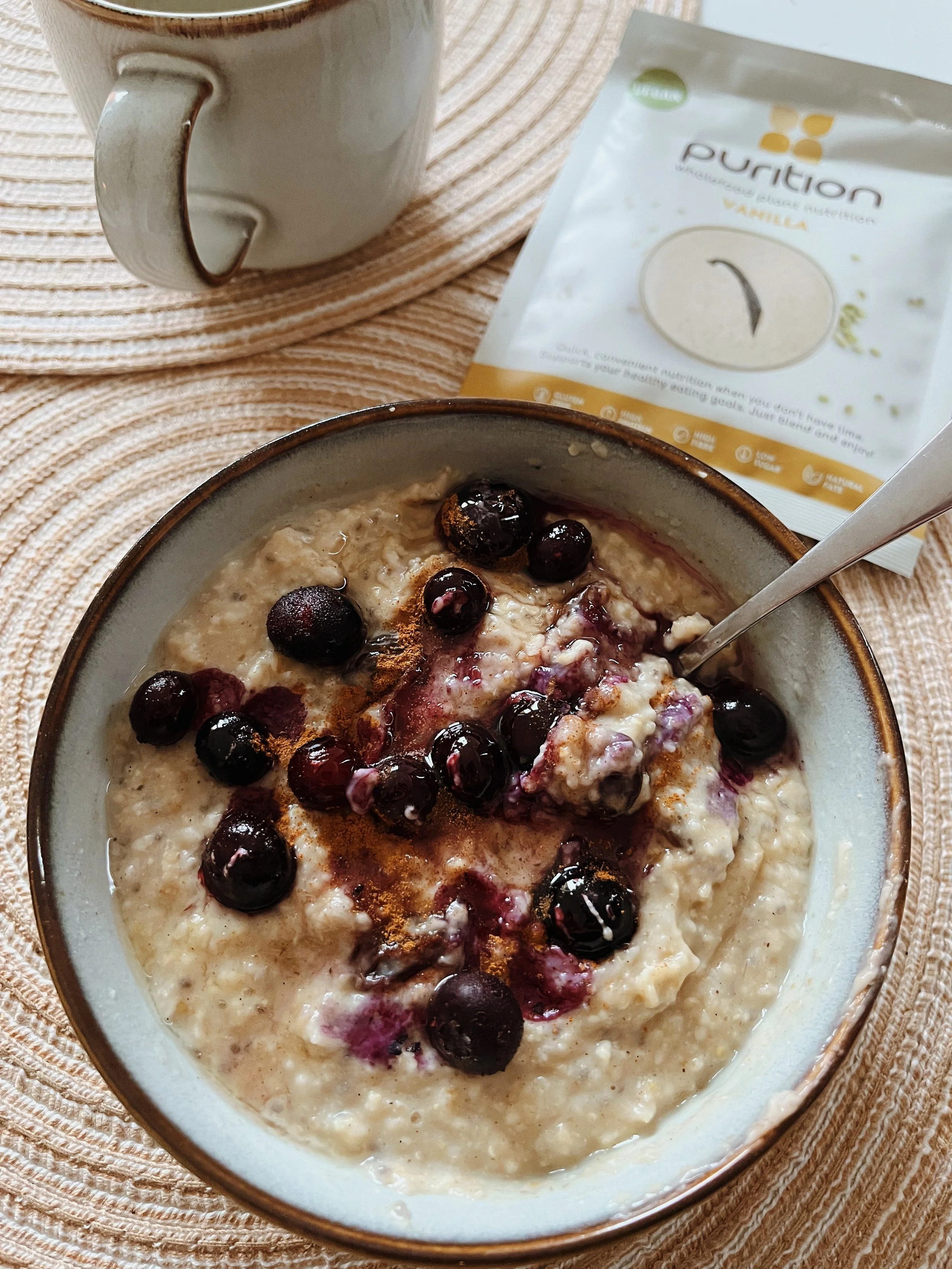7 common mistakes to avoid when you decide to go vegan
Going vegan is a huge lifestyle change, for the better. If you are currently transitioning to a vegan diet (or thinking about it), I can only say Bravo and encourage you to carry on!
But even though you’re strongly motivated to ditch animal products, it doesn’t mean that there won’t be any challenges on the way. Here are 7 of the most common mistakes people make (myself included) when going on a vegan diet.
7 common mistakes to avoid when going on a vegan diet
1: Thinking that everything vegan is “healthy”
I don’t really like classifying foods as “healthy” or “unhealthy”, but some have more nutritional & health benefits than others.
Because something is vegan doesn’t mean that it’s nutritious and healthy. For instance, vegan junk food isn’t any better than normal junk food. Vegan chocolate spread isn’t lower in sugar and calories than Nutella.
Basically, most plant-based whole foods have nutritional benefits (and should represent the bulk of your diet) but most processed vegan foods are not any better from a nutritional and health point of view than non-vegan ones.
2: Going vegan overnight
If you want to make a successful lifestyle change, you will be better off going step by step rather than trying to overhaul your diet in no time. There’s no rush :)
Give yourself time to get used to this new diet and give your body time to adjust. It’s a completely new way of eating, especially if you’ve been consuming meat, dairy and eggs quite often.
The plant-based protein sources and the increase of fibre can be hard on the digestive system. Taking it step by step and making gradual changes will help you achieve a successful transition.
The only context in which you can make a rapid transition is if you’re a vegetarian or have already cut out meat and dairy. This was my case and all I had to give up were eggs, fish and the occasional dairy ice cream. But I still had some slip ups in my first months.
3: Not planning your meals
This follows up on my previous point. Because it’s a completely new way of eating, it requires some planning. “Fail to prepare, prepare to fail”… . From meal plan to grocery lists, there are a few ways you can plan ahead to make the process smoother. Here’s what I did during my first month:
Every weekend I wrote down my meals for the following week and when I wouldn’t be home for lunch or dinner, therefore when I had to meal prep in advance
Using the meal plan, I was then making a shopping list to ensure I wouldn’t forget to buy the essentials.
I always had a couple vegan ready meals in the fridge for the days life got in the way and I couldn’t cook.
I also made a list of super easy vegan recipes (Pinterest and Youtube are great sources) to get some inspiration.
I had a plan of action for every social occasion, for instance I would check the menu before going to a restaurant, I would pack vegan snacks if I was going somewhere with limited options…
4: Not taking a Vitamin B12 Supplement
Everyone on a vegan diet needs to take a daily Vitamin B12 supplement, simply because we can’t get enough from plants.
Even if you get a B12 deficiency blood test, it will most likely be inaccurate because the most common ones measure your overall B12 level, not the amount that is actually absorbed.
Vitamin B12 is a vital micronutrient and deficiencies can cause a variety of symptoms from tiredness and pale skin to more severe neurological issues such as vision problems, memory loss and altered physical coordination.
I personally take Vivolife B12 every morning. Just a drop underneath the tongue, easy.
5: Replacing meat with mock meat
Although it may seem like a logical option to swap meat, chicken and fish with their vegan equivalents, the issue is that these mock meats, vegan fish fingers and fake nuggets are ultra processed foods. They are not plant-based, nutrient-rich whole foods and therefore shouldn’t be be consumed every day.
6: Relying mainly on processed foods
This point goes hand in hand with the one above. Although it may be easier to mainly eat vegan processed foods (mock meats, vegan pizza, lasagne, protein bars, ready meals…), they should only represent 20% of your food intake. Just like on a normal diet.
Simply because processed foods are often poor in fibre, less nutrient-rich and packed with sugars and additives. Not only they don’t fuel your body but they make you eat more, crave them more and can disturb your natural hunger cues.
The bulk of your vegan diet should be: vegetables, whole grains, legumes, fruits, seeds… you get it, whole foods. Save the vegan burger for special occasions :)
7: Obsessing over protein but neglecting vitamins & minerals
“How will I get enough protein?” is the main concern when really, there is nothing to worry about. Many plants contain protein (soy, tofu, beans, some vegetables, seeds…) and eating a variety of them will help you hit your recommended protein intake.
I sometimes use vegan protein powder to top up but it’s not a daily requirement.
However, there is a risk of developing several nutrient deficiencies if you’re not being mindful. Vitamin B12 isn’t the only one to think about. Iron, Calcium and Omega 3 are harder to get enough of when transitioning from a Western to a vegan diet, as you’re cutting out dairy and meat.
The best way to get all the minerals and vitamins you need is to eat a wide variety of whole foods. Besides B12, all the essential micronutrients are found in plants. The more diverse your plant-based diet is, the less you risk lacking anything.
However, you may sometimes have to take an Omega 3 or Iron supplement.





